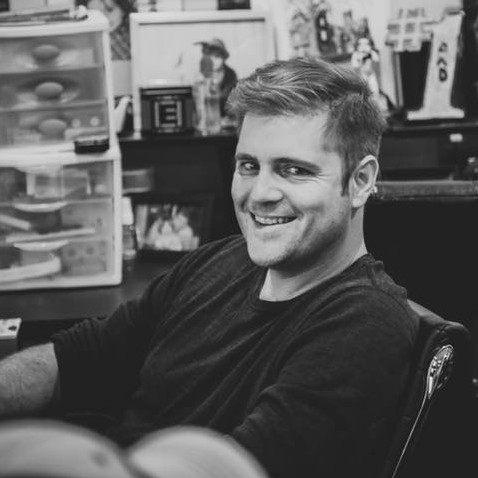Resident Evil 4 remake has just been released to universal acclaim. Let’s dive into some launch numbers and brush up on how the original game has changed the genre and influenced game developers across the globe for generations to come.
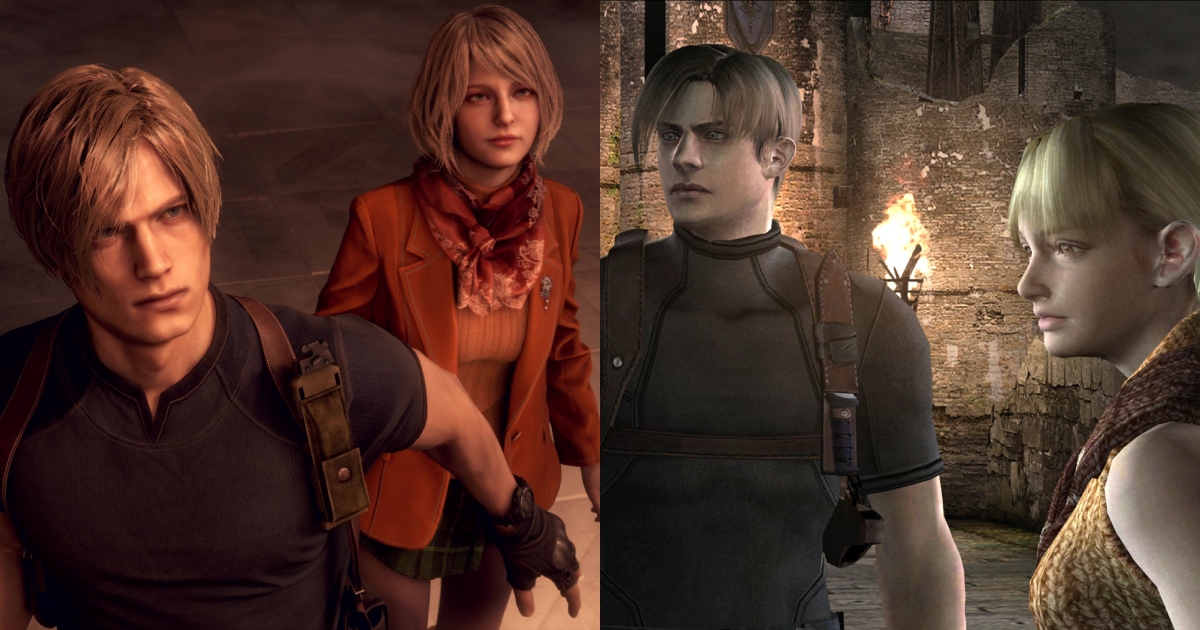
Resident Evil 4 remake vs. the original game
What makes the original Resident Evil 4 so special?
Shinji Mikami, the creative genius behind the first RE game, took over the development of Resident Evil 4 after it had already gone through several iterations. He scrapped previous ideas and decided to take the franchise in a completely new direction.
As the game designer told Game Informer, he was basically tired of the old gameplay because it felt “just more of the same.” So Mikami made a few shakeups that ended up not only changing the Resident Evil series, but also influencing subsequent generations of horror and action titles.
He eliminated the tank control system of previous RE games and replaced it with the over-the-shoulder camera. This allowed the developers to make Resident Evil 4 more action-focused while creating a more immersive experience for players. Interestingly, Mikami came up with this idea after playing Onimusha 3: Demon Siege and thinking, “If only the camera was behind the player, it would have been so much better.”
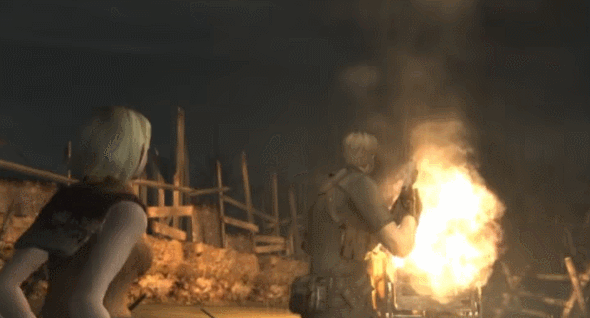
Invented almost by accident, the over-the-shoulder angle wasn’t designed as something innovative or groundbreaking. As Mikami mentioned in a video dedicated to the Resident Evil series, the first person to praise the new camera was Super Smash Bros. creator Masahiro Sakurai, who visited Capcom during the development of RE4 and found the system really great. But at the time, the team didn’t realize they were doing something special; they just thought that this angle was the best for the game and its concept.
The camera also formed the basis for a new shooting system. In Resident Evil 4, firearms are aimed with a laser sight instead of a crosshair, allowing players to shoot at specific parts of enemies’ bodies and have more control over combat sections. The precision aim feature also kept you from moving while taking shots, which made encounters with waves of enemies more tense.
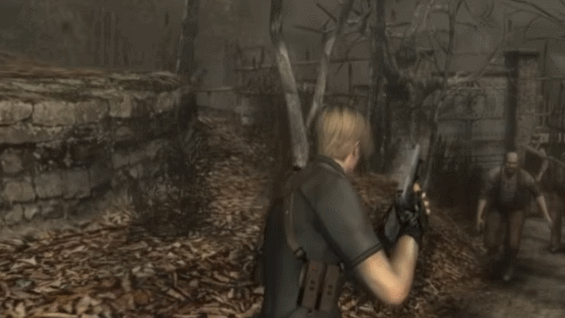
The over-the-shoulder camera and its use in combat has become the gold standard for third-person shooters and action horror games. This system can be seen in dozens of titles, some of which are now considered classics, from Gears of War and Uncharted to The Last of Us and even Mass Effect.
With Resident Evil 4, Mikami seemed to completely deconstruct, if not mock, the core pillars of the survival horror genre he once popularized. But all the risks eventually paid off, inspiring other developers to mix horror with action and juggle genres more boldly. Who knows what the Dead Space series would look like if not for RE4.
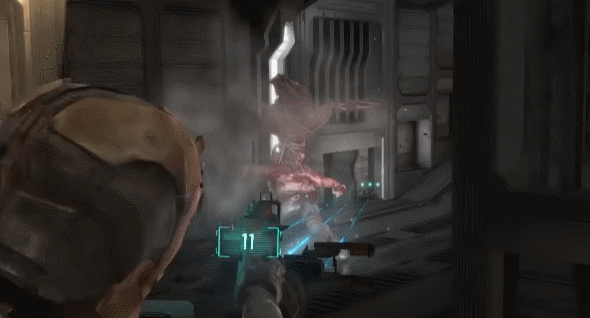
Launched in 2005, Resident Evil 4 has won multiple awards and is still one of the highest-rated games of all time (the GameCube version has an average score of 96/100 on Metacritic). According to Capcom’s own data, all versions of the game, including ports and re-releases, have sold 12.3 million units combined, becoming a global hit.
What do other game developers think of Resident Evil 4?
With Neil Druckmann naming RE4 as one of the five games that inspired him, it is clear that Naughty Dog has drawn a lot of ideas from this title. The Last of Us and Uncharted game director Bruce Straley also praised Resident Evil 4, calling the first village scene the “best opening fight in any game, hands down.”
Holy shit! Best opening fight in any game, hands down. I can’t believe how intense this fight still is! Audio is creepy. Managing your resources is a challenge. You can barricade doors in 2005?! And the frickin chainsaw guy?! In the first main fight??! Epic! pic.twitter.com/Cq10x0Ics6
— Bruce Straley (@bruce_straley) January 22, 2019
And here is what TLoU game designer Richard Cambier told MMGN in 2013: “We always wanted to take the character building and interaction, look at something as far back as Ico, and blend it with the tension and action of Resident Evil 4. Our game doesn’t feel like either of those, but those have bits and pieces of what we wanted to do.”
Dead Space production designer Ben Wanat admitted that the team was so “awestruck” by the game that they actually decided to make Resident Evil 4 in space. Former Visceral Games general manager Glen Schofield has never hidden his sources of inspiration either, telling Ars Technica that RE4 is one of his top 5 games of all time.
I just liked the mood. It was suppressive sometimes, it was dreadful, but I just got caught up in it. Whether you were in the village or inside the buildings or whatever it was, I was always worried about what was around the corner, but I always wanted to see what was around the corner too. The game had all types of scary moments in there, and that's one of the things that I really looked at. creator of Dead Space
Rob Davis, lead level designer of 2018’s God of War, praised RE4’s “combination of poised camera exploration and scavenging.” Sony Santa Monica creative director Cory Barlog also told the Official PlayStation Magazine that Resident Evil 4 “truly changed the way I look at making games,” saying Capcom’s willingness to reinvent the game so often is something that “positively affects our industry.”
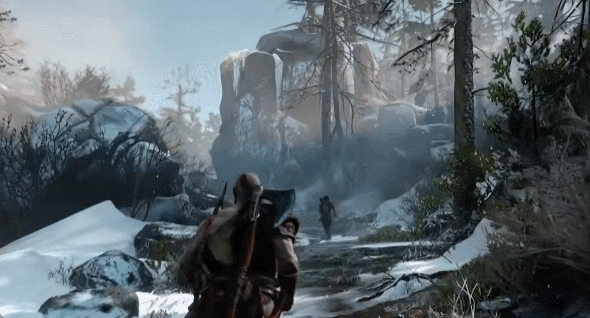
Another developer that was inspired by RE4 and its over-the-shoulder camera was Cliff Bleszinski, lead designer and creator of the Gears of War series. As he told GamesBeat: “It felt like there was this point where Resident Evil 4 influenced Gears of War, and then Gears of War influenced Resident Evil too much.”
Even BioShock, the game built on the legacy of System Shock, drew inspiration from Resident Evil 4. The title’s lead level designer Bill Gardner once noted that the team looked carefully at how Capcom “handled the sandbox nature of the combat” in the opening village level.
I think one of the things the Resident Evil series did really well was that they didn’t really just mix and match the enemies… That changed the way you’d approach those encounters. That gave us a lot of inspiration to mix up the combat in BioShock in terms of having a fire splicer and a splicer with a wrench and how those make you choose your tools differently. former lead level designer at Irrational Games
How is the Resident Evil 4 remake different from the original game?
- In addition to obvious graphical improvements, the new Resident Evil 4 is a much darker game with more horror elements and eerie atmosphere compared to the original. Without offering as dramatic changes as the RE2 remake, Capcom still managed to freshen up the 2005 game and find the right balance between the classic formula and new mechanics.
- The focus on action is still there, but Leon can now move and shoot at the same time. There are also some minor stealth elements, allowing the player sometimes to kill enemies from behind.
- When it comes to weapon selection and management, Resident Evil 4 offers the wheel system. Leon’s attached case is still there, but the player can use D-Pad to choose a weapon from one of the eight slots.
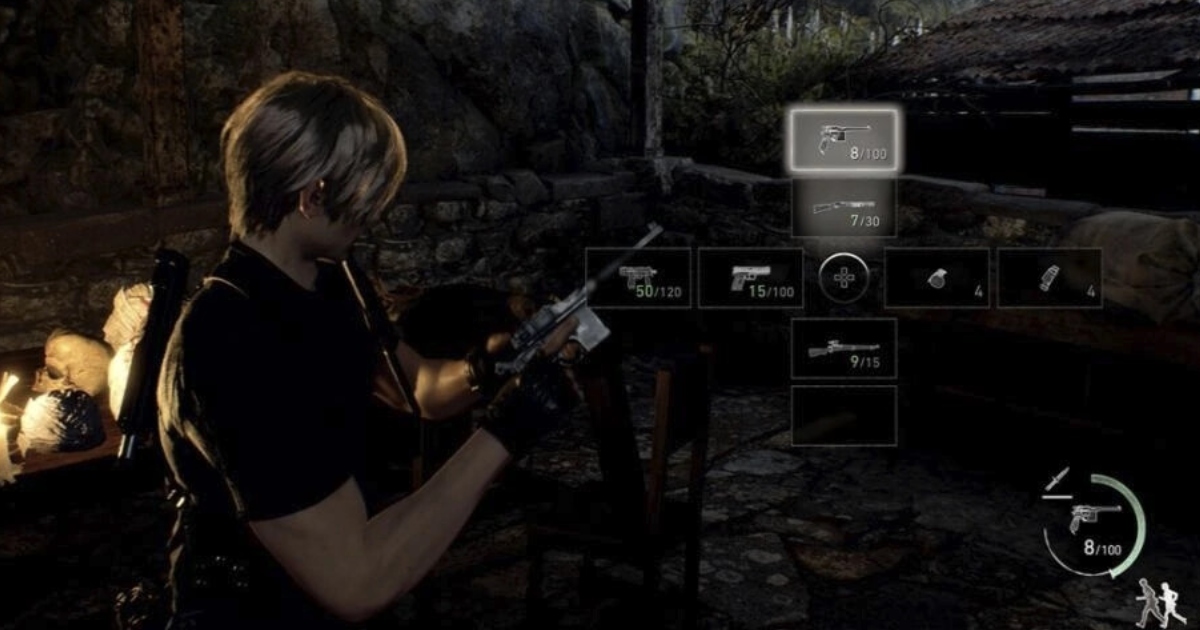
- One of the biggest changes is the new parry system, which enables blocks and counter-attacks. To compensate for these features, the knife now has limited durability and breaks with time.
- The parry mechanic is also used in boss fights. For example, the famous encounter with Krauser is now a really intense knife duel where the player has to block and counter-attack a lot.
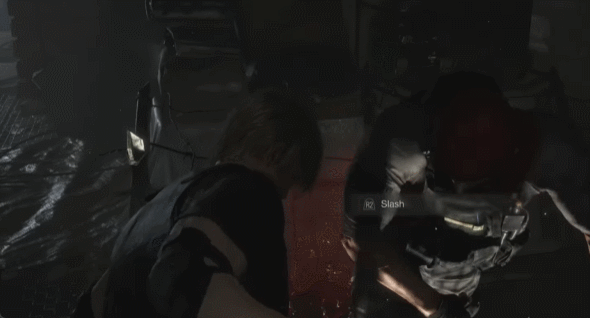
- In fact, Capcom got rid of almost all quick-time events to focus more on actual action gameplay. As RE4 producer Yoshiaki Hirabayashi told IGN, “there aren’t prompts to press buttons mid-cutscene. However, there are times when you need to press a button based on a situation.”
- Ashley sections have also been improved, with Capcom making her feel more like a real companion by removing her health bar and adding two main commands for her.
- Other changes include side quests offered by the merchant, reworked areas, new enemies, as well as certain improvements to the main storyline and character interactions.
Resident Evil 4 launch
Launched on March 24, the Resident Evil 4 remake was praised by critics globally, getting a 93/100 score on Metacritic. It also received a warm reception from players, with the game now having a 93% rating on Steam based on more than 2,000 user reviews.
Resident Evil 4 has every chance to become one of the best Capcom launches on Valve’s platform in terms of concurrent users (CCU). It already has the second-highest CCU in franchise history, peaking at 93,746 concurrent players (via SteamDB), only behind Resident Evil Village (106,631 CCU)*. For comparison, the remakes of RE2 and RE3 peaked at 74,227 and 60,293 CCU respectively.
*Update: the game has already peaked at over 140k CCU on Steam, dethroning Village.
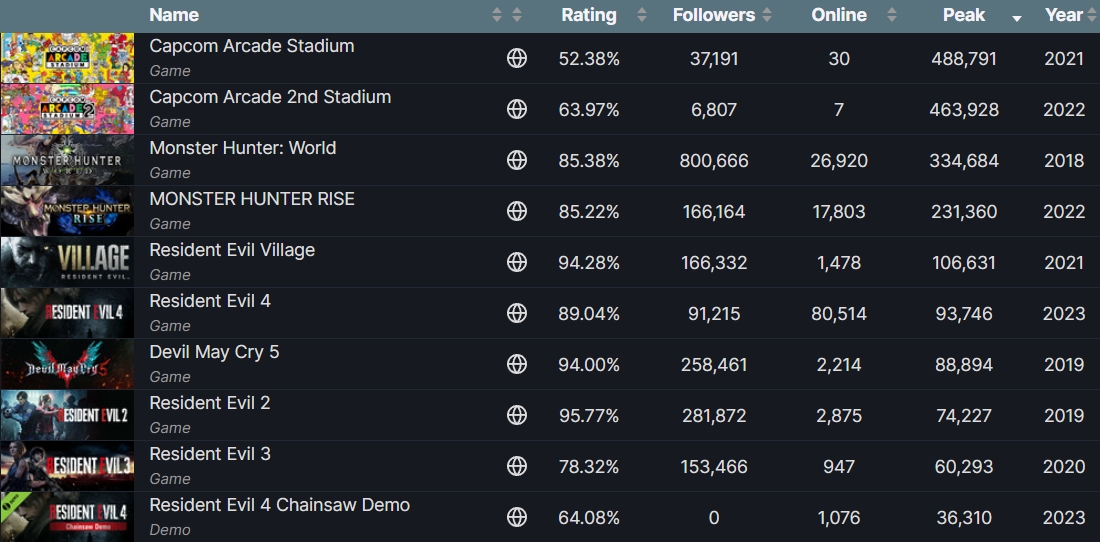
With these numbers in mind, it is safe to say that RE4 will be another commercial success for the Japanese company. The Resident Evil 2 remake has reached 11.2 million units sold since launch, so Capcom’s new reimagining of the classic is likely to sell just as great.


